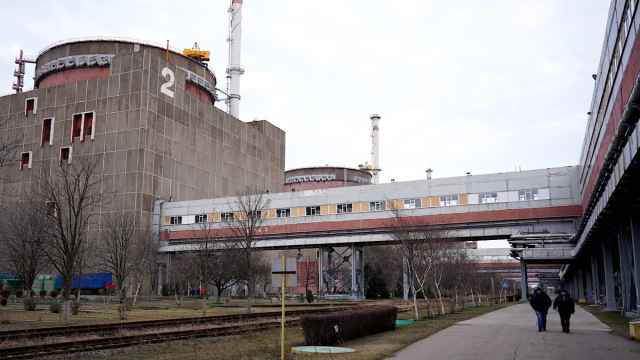Individuals would be able to own the land they build dachas on, under amendments to the Land Code that were introduced in 2007 to the State Duma and are now suddenly ready for their second reading.
The proposed amendments also make it easier for citizens to rent and eventually own unused state land, according to Andrei Ivankin, head of the real estate department of the Economic Development Ministry. They also change the procedure for obtaining land to build dachas on, allowing citizens to ask federal, regional or local authorities for unused land for that purpose, or simply for gardening.
At present, only a cooperative made up of at least three people can obtain land in that manner. Individuals can apply to receive plots with the status of village land to build on and can build dachas on agricultural land, but officials can refuse those requests without providing an explanation.
Under the proposed amendments, applicants would have to confirm the status of the land. If the plot was previously registered, it can be of any size, but newly created plots have to conform to city-planning guidelines.
In the Moscow region, plots can range in size from 600 square meters to 2,500 square meters. The Economic Development Ministry had requested that limits be placed on plot sizes, but the Duma construction and land relations committee rejected the idea.
Before land can be transferred, an official would have to announce the impending transaction on a government web site and in the media. If another individual expresses interest in the land, the contenders would have to bid for it.
Land obtained in this way can only be rented until a house is built on it, at which time it can be purchased.
The resale of land obtained in this manner is not mentioned in the amendment. Ivankin said the omission was intentional and intended to impede land speculators.
There is no legal procedure for the sale of land beneath dachas. It is possible, but completely at the whim of local officials, said Martin Shakkum, one of the authors of the bill.
Under the amendments, no further permits would be needed for construction once the land is received.
According to a November report by the Federal Agency for Land Surveying and Cartography, 172,400 families in 62 regions were building dachas on 63,800 hectares at the beginning of this year.
The new rules are long overdue, said Sergei Kazinets, a partner at the Avelan law firm. But he suggested that the new rights would be hard to take advantage of — officials will just have to become more creative in their refusals.
Lack of infrastructure is grounds for rejecting an application, Kazinets noted, and a plot of land near utilities could be hard to find.
Penny Lane Realty department director Dmitry Tsvetkov said there is little land eligible for transfer in the Moscow and Leningrad regions. Kaluga region Governor Anatoly Artamonov said 97 percent to 98 percent of agricultural land is his region is already privately owned and the remainder is not conveniently located for house-building.
A Message from The Moscow Times:
Dear readers,
We are facing unprecedented challenges. Russia's Prosecutor General's Office has designated The Moscow Times as an "undesirable" organization, criminalizing our work and putting our staff at risk of prosecution. This follows our earlier unjust labeling as a "foreign agent."
These actions are direct attempts to silence independent journalism in Russia. The authorities claim our work "discredits the decisions of the Russian leadership." We see things differently: we strive to provide accurate, unbiased reporting on Russia.
We, the journalists of The Moscow Times, refuse to be silenced. But to continue our work, we need your help.
Your support, no matter how small, makes a world of difference. If you can, please support us monthly starting from just $2. It's quick to set up, and every contribution makes a significant impact.
By supporting The Moscow Times, you're defending open, independent journalism in the face of repression. Thank you for standing with us.
Remind me later.






